2025 Featured Speakers – Lysosomal Disease Summit
The 2025 Lysosomal Disease Summit welcomes a distinguished group of featured speakers whose work is advancing lysosomal disease research, diagnosis, and treatment worldwide.
These experts bring deep regional and international experience to this year’s programme and will present emerging science, clinical insights, and innovations shaping the future of lysosomal disease care.
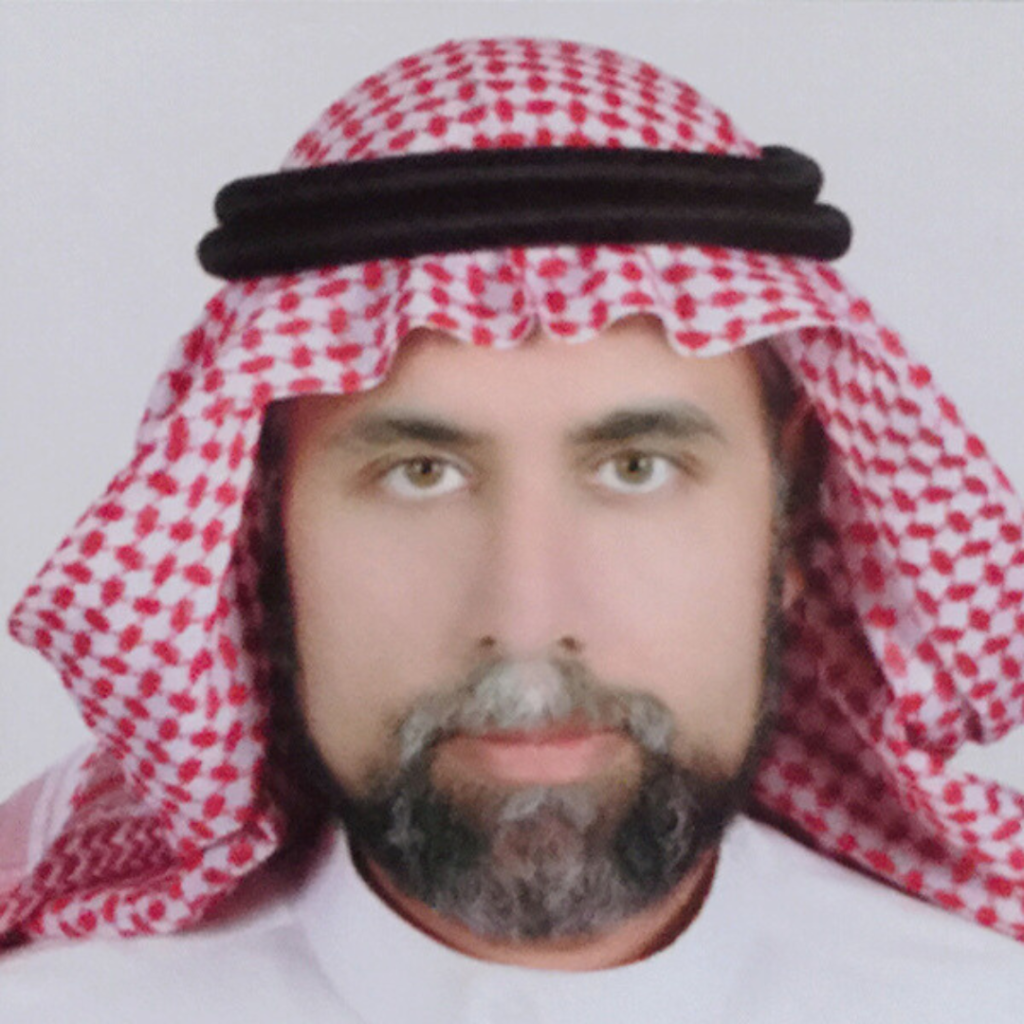
Professor Moeenaldeen AlSayed, MD, FACMG, MBA
Moeenaldeen AlSayed is a Consultant Clinical Geneticist, Clinical Biochemical Genetics and Metabolic Diseases at King Faisal Specialist Hospital & Research Centre in Riyadh, Kingdom of Saudi Arabia, and a Professor of Genetics at Al-Faisal University in Riyadh. Professor AlSayed has established and is the Director of the MSc Genetic Counselling Programme at AlFaisal University.
Professor AlSayed is the previous chair of the Department of Medical Genetics at King Faisal Specialist Hospital and Research Centre in Riyadh. He served in this position for 11 years. During his tenure as a chair and among many achievements, he has established a completely new and unique Adult Genetics and Metabolic Diseases service and a fully dedicated genetic counselling service in his institution. Most of the practicing genetic counsellors in Saudi Arabia are graduates of the MSc Genetic Counselling Programme that was established by Professor AlSayed in 2014.
His interests include the identification of founder mutations related to metabolic and genetic disorders in the Saudi population, screening and treatment of lysosomal storage diseases (LSDs), and the management of organic acidurias. He has published more than 90 scientific papers in peer-reviewed journals and is a frequently invited speaker at local, regional, and international meetings.
Professor Al-Sayed is a founding member of the Middle Eastern Metabolic Group (MEMG), the Saudi Paediatric Association – Medical Genetics Subcommittee, the Saudi Charitable Society for Genetic Disorders, the Saudi Society of Medical Genetics, and the Middle Eastern Lysosomal Storage Diseases Expert Council (MELSDEC). He has served and continues to serve on many advisory boards related to rare genetic diseases.
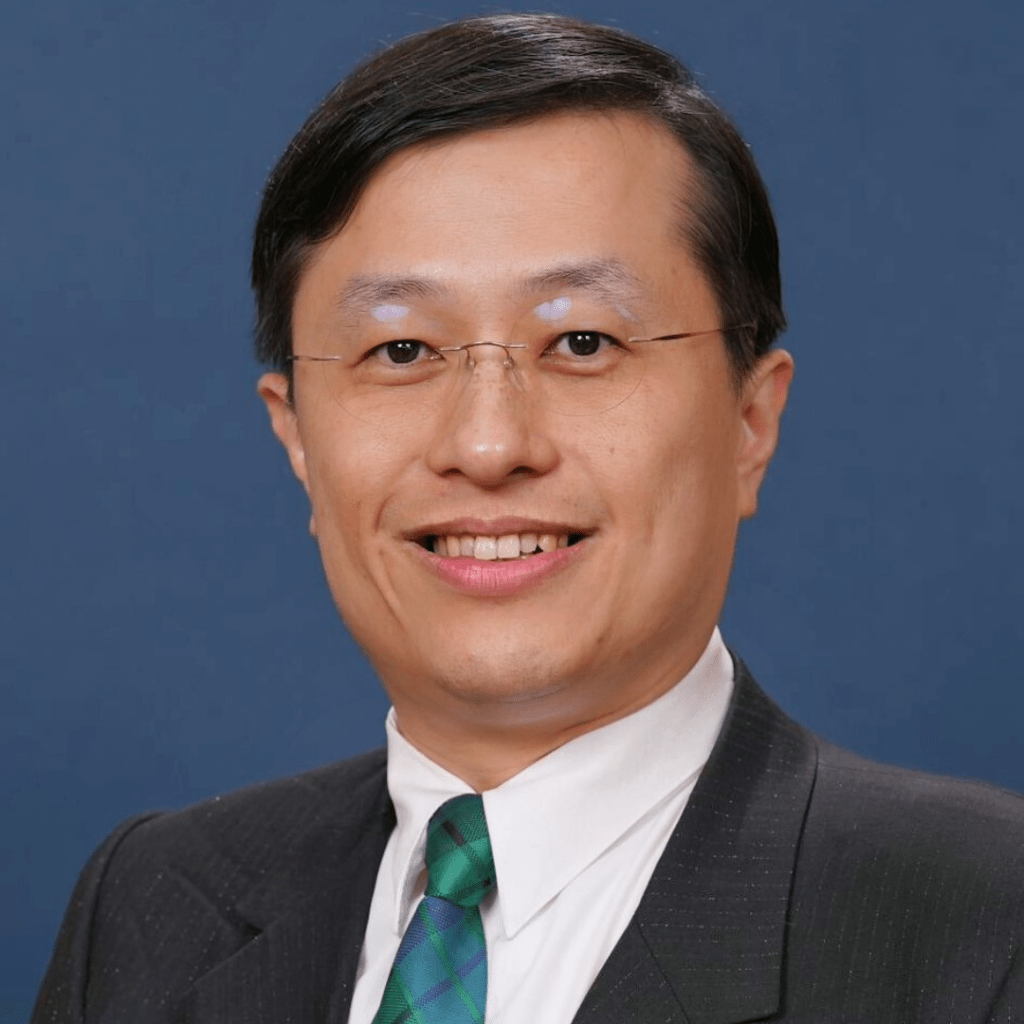
Dr. Hsiang-Yu Lin, MD, PhD
Hsiang-Yu Lin is a professor at the Department of Medicine, MacKay Medical College, New Taipei City, and the Director of the Department of Pediatric Genetics and the Rare Disease Center, MacKay Memorial Hospital, Taipei, Taiwan.
Dr. Lin has received numerous honors for his clinical and laboratory research work, including the Professor Chiung-Lin Chen Pediatric Research Scholarship Foundation “Pediatric Attending Physician Best Thesis of the Year” in 2012, the SI-YUAN Internal Medicine Research and Development Foundation “Internal Medicine: Best Thesis of the Year” in 2015, and the Professor Chen Yuan-Tsong Travel Award for the young scientist with outstanding research work at the conference of the 12th Asia-Pacific Conference of Human Genetics (Chen Travel Award) in 2017. In 2018, Dr. Lin’s medical team received the “2018 Symbol of National Quality (Taiwan): Silver Award” on the topic of “Holistic Medical Care for Mucopolysaccharidoses.”
Dr. Lin has published over 125 scientific papers in peer-reviewed journals, including Medicinal Research Review, Journal of the American College of Cardiology, Human Mutation, Scientific Reports, Circulation-Cardiovascular Genetics, Orphanet Journal of Rare Diseases, Journal of Inherited Metabolic Disease, Molecular Genetics and Metabolism, Developmental Medicine & Child Neurology, American Journal of Medical Genetics Part A, Diagnostics, and the International Journal of Molecular Sciences.
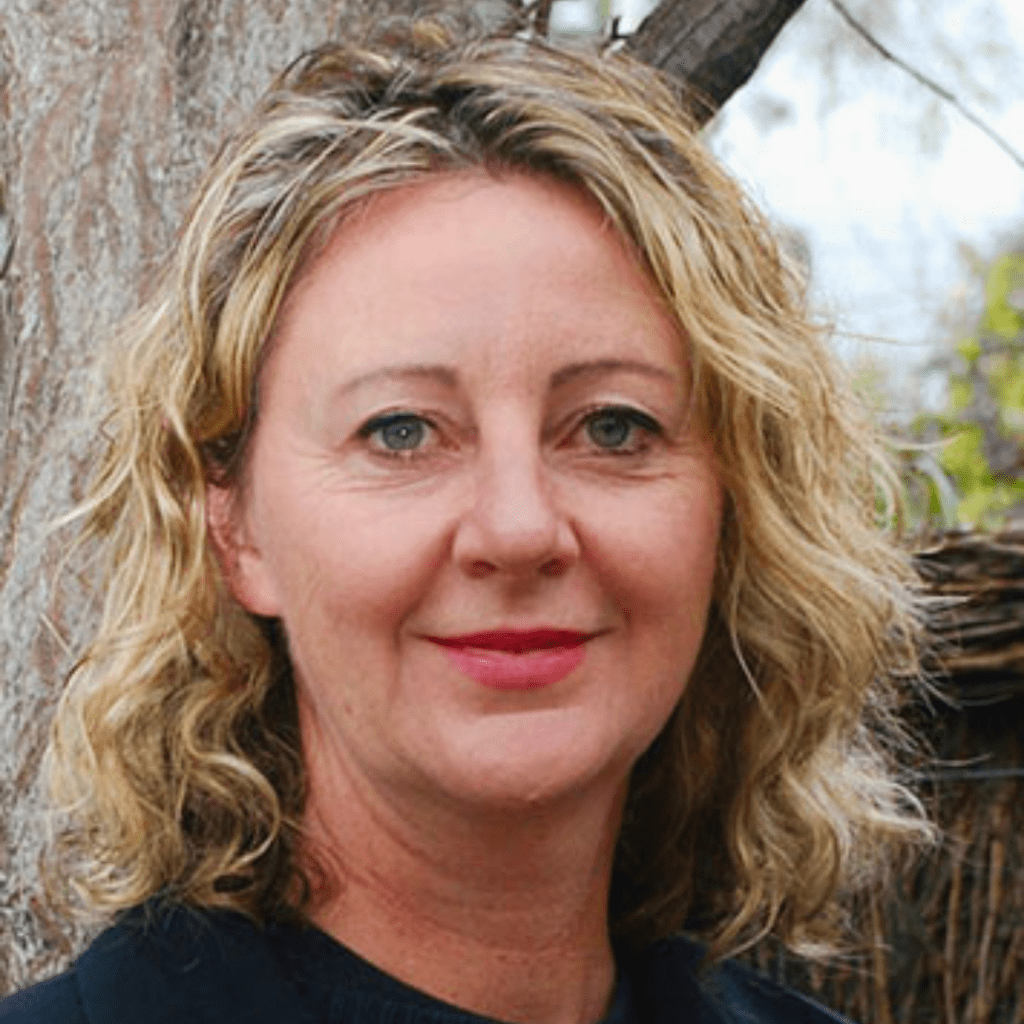
Professor Maria Fuller, BAppSc, MAppSc, PhD, FFSc(RCPA)
Professor Maria Fuller is a clinical scientist specialising in biochemical genetics within Genetics and Molecular Pathology at SA Pathology, Adelaide, South Australia, which provides a clinical diagnostic laboratory service for inherited metabolic disorders for patients throughout Australia. Her laboratory is committed to improving the efficiency of diagnosis of these rare diseases, notably lysosomal storage disorders, by employing platforms of multiplexed biomarkers characteristic for the specific types and sub-types of disease. Her laboratory’s research interests centre on understanding the cascade of events that lead to pathology, with a particular focus on the brain and new approaches for the treatment and diagnosis of these inherited metabolic disorders. Her laboratory has contributed 100 articles and book chapters to the scientific and medical literature.
In addition, Maria holds an academic title at the University of Adelaide and enjoys supervising postgraduate students. She also provides training for undergraduate students by hosting clinical placements within her laboratory. Maria has been awarded the 2022 AACB Roman Lecture in recognition of her teaching and mentoring role.
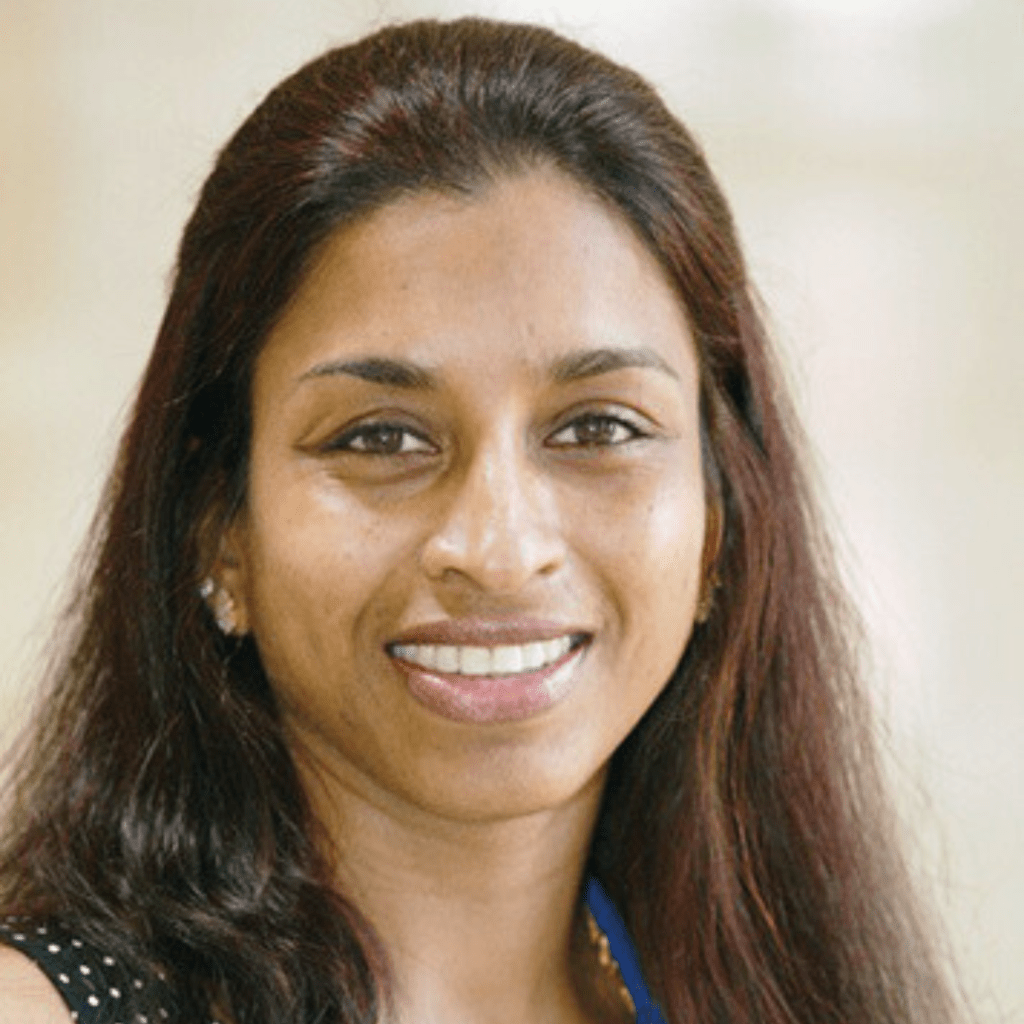
Dr. Uma Ramaswami, FRCPCH, MD
Dr. Uma Ramaswami is a Consultant in Inherited Metabolic Disorders and an Honorary Associate Professor of Genetics and Genomic Medicine at the University College London. She is also the clinical lead for the Lysosomal Disorders Unit at the Royal Free Hospital, London, and has twenty years of experience in managing children and young adults with inherited metabolic disorders. She has played a key role in clinical trials, patient management, and guideline development, helping to improve outcomes for patients with lysosomal diseases. Dr. Ramaswami has a special interest in clinical research relating to understanding the natural history and disease progression of inherited metabolic disorders.
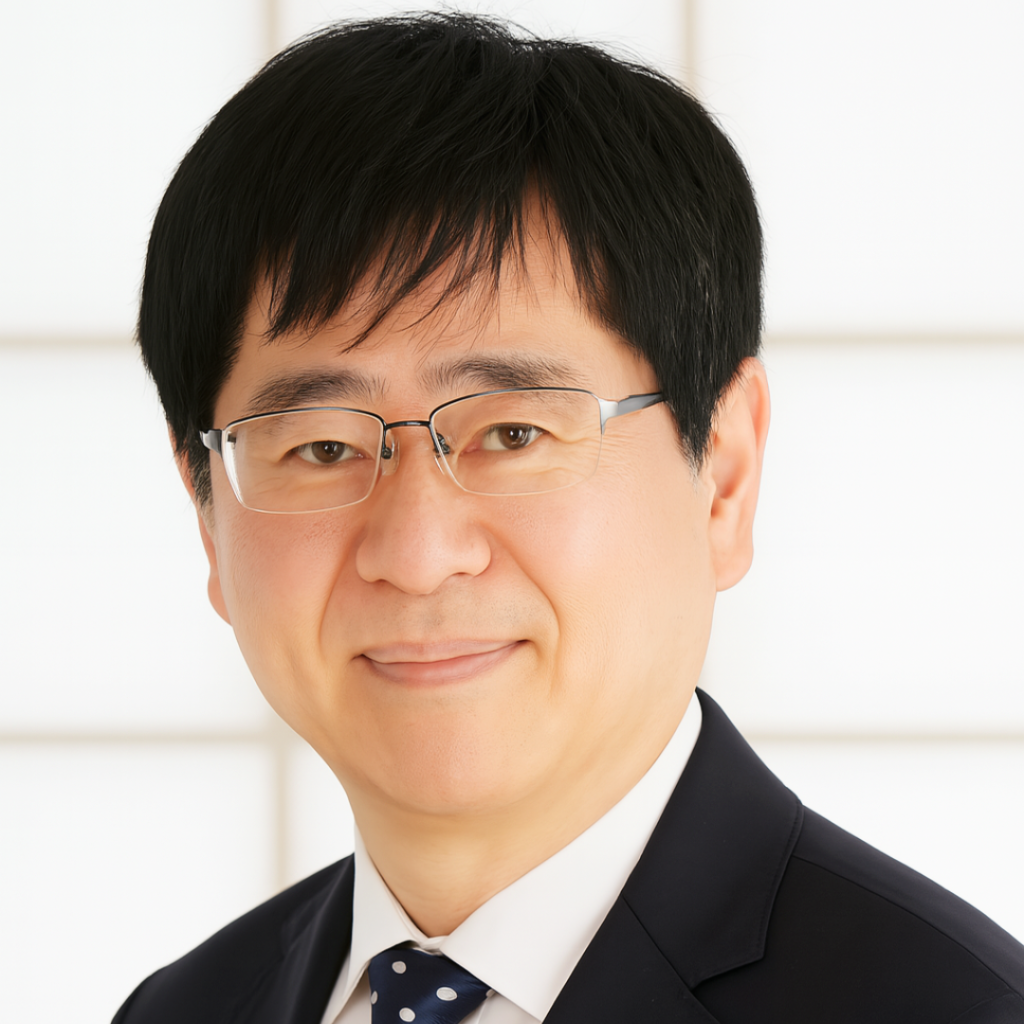
Dr. Torayuki Okuyama
Dr. Torayuki Okuyama is a professor in the Department of Clinical Genomics at Saitama Medical University in Hidaka, Saitama, Japan. He is also involved with the Division of Medical Genetics at the National Center for Child Health and Development in Tokyo.
Professor Okuyama leads clinical research and has participated in multiple enzyme replacement therapy trials for neuronopathic mucopolysaccharidosis type II (Hunter syndrome), including long-term intracerebroventricular idursulfase‑beta administration studies. In 2024, he was honored by being selected as President of the 7th International Forum of Lysosomal Disorders at the Jikei University School of Medicine in Japan. Through his dual appointments and leadership in cutting-edge gene and enzyme replacement therapy programs, Dr. Okuyama has been recognized as a key figure in advancing genomic medicine for rare pediatric disorders and lysosomal disease.

Professor Jonathan Craig
Professor Jonathan Craig is a renowned kidney disease researcher and is Vice President and Executive Dean of the College of Medicine and Public Health at Flinders University in Adelaide, SA, Australia. He is also the Chair of the Medical Services Advisory Committee (MSAC), a committee crucial to ensuring Australians can access new medical services, programs, and healthcare technologies. Throughout his career, Professor Craig has been recognized as an internationally acclaimed paediatric nephrologist and a clinical epidemiologist.
The MSAC plays a pivotal role in advising the Australian Government on matters pertaining to the safety, efficacy, and cost-effectiveness of new medical services proposed for public funding. It also reviews and considers amendments to existing services funded through the Medical Benefits Scheme.
In addition to his role as Chair of the MSAC, Professor Craig is also involved in advisory positions with the National Health and Medical Research Council’s Health Translation Advisory Committee, the Pharmaceutical Benefits Advisory Committee, the Medical Services Advisory Committee, and the Commonwealth Department of Health Life Savings Drug Program.